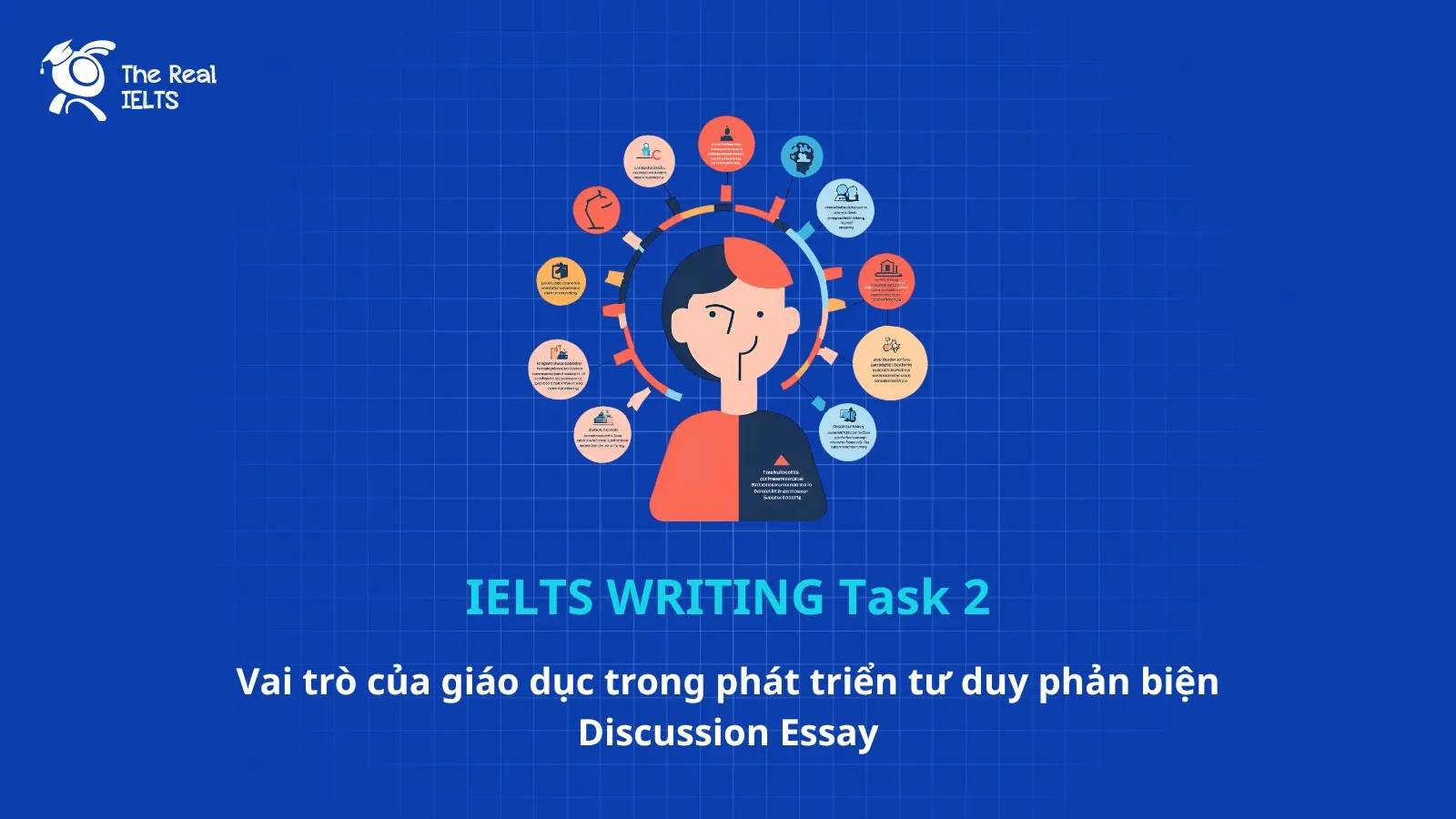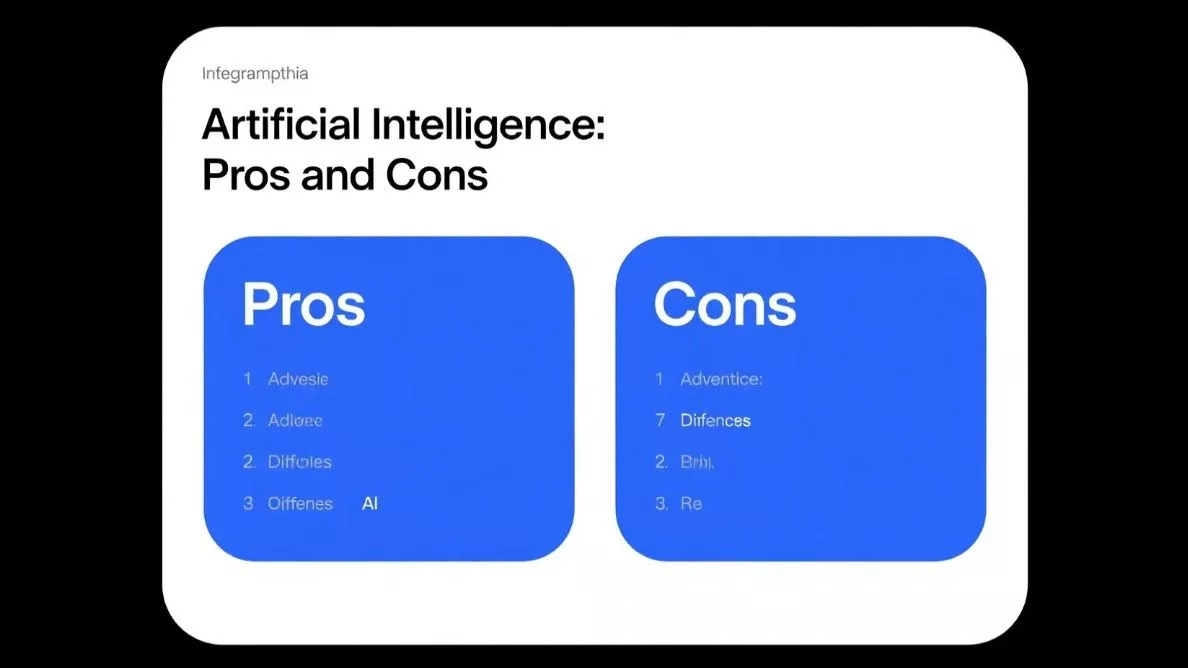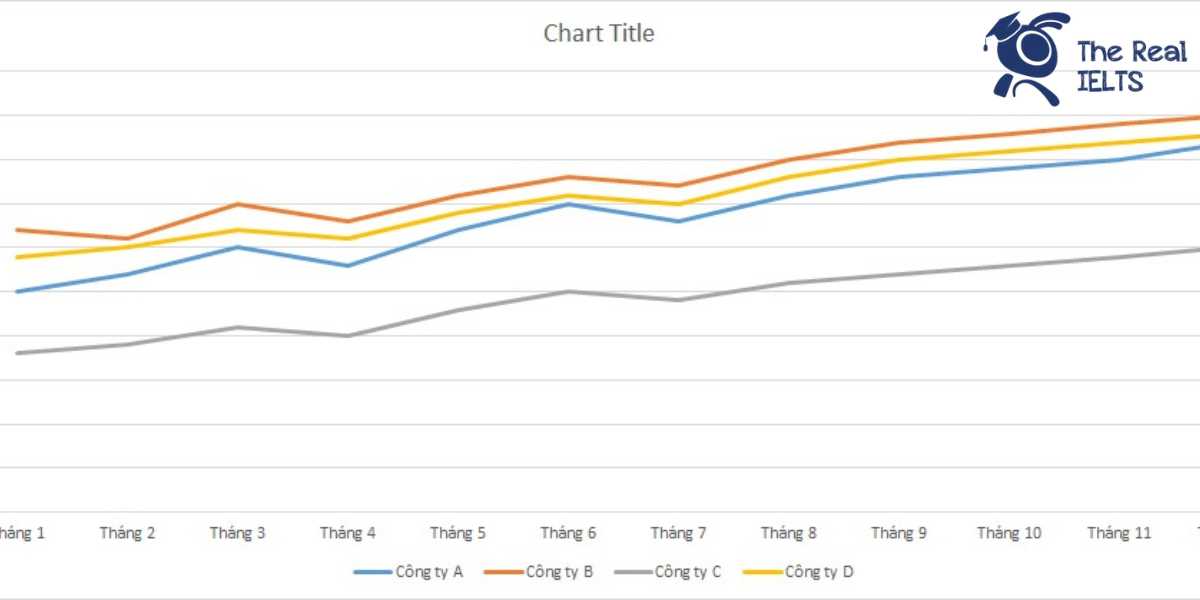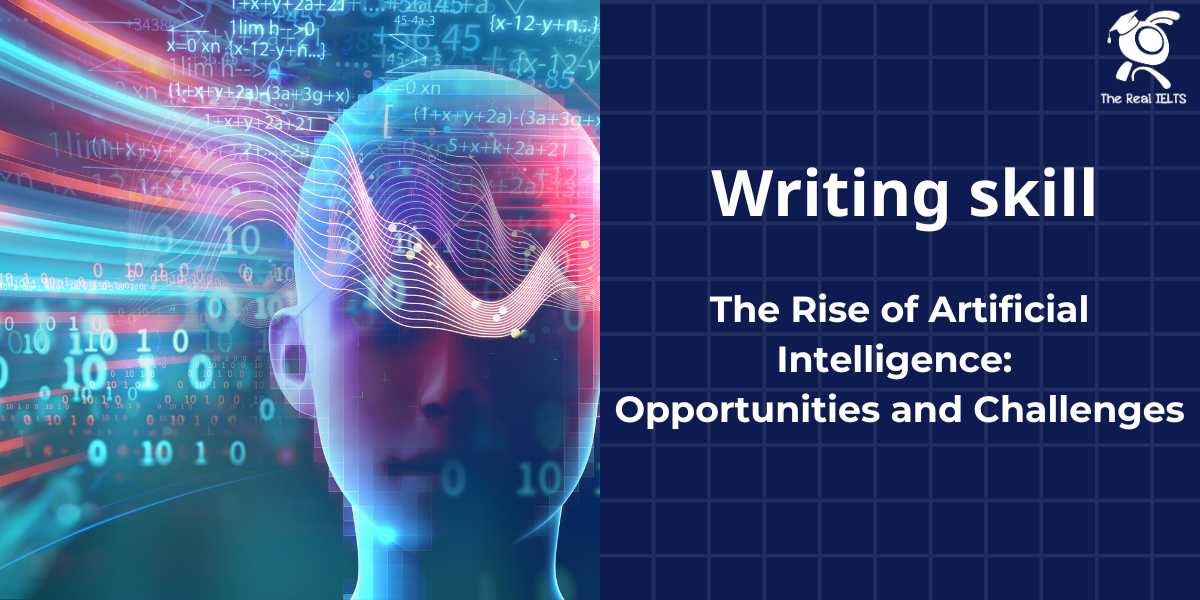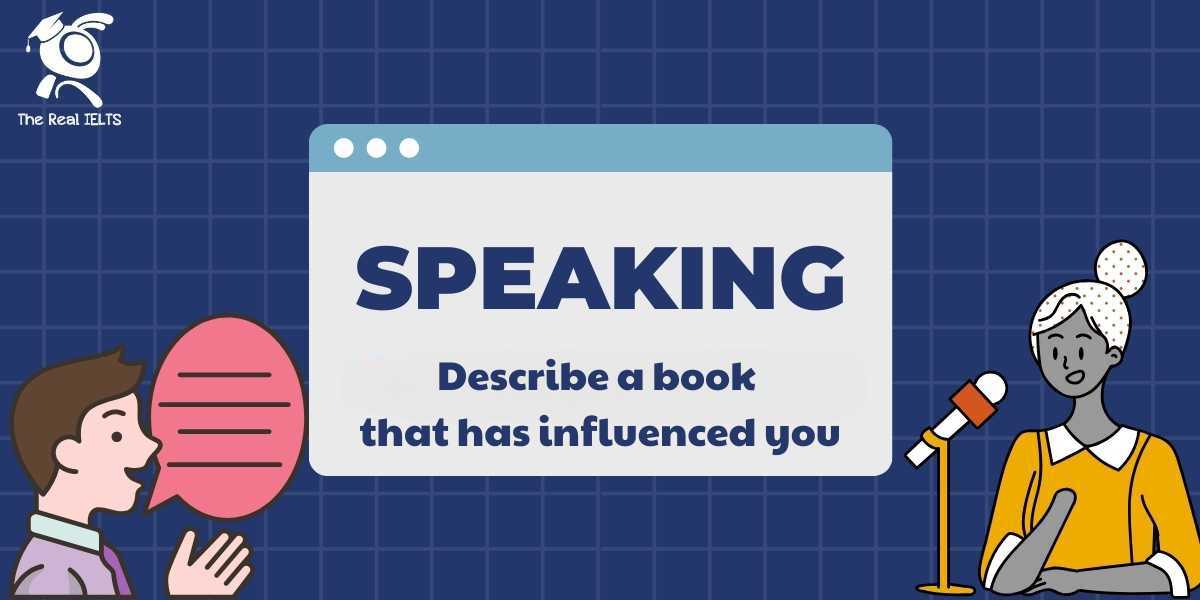IELTS Writing Task 2 dạng Discussion Essay thường yêu cầu thảo luận về các quan điểm khác nhau. Một số người cho rằng giáo dục đóng vai trò quan trọng trong phát triển tư duy phản biện, trong khi người khác tin rằng tư duy này phụ thuộc vào trải nghiệm cá nhân. Bài viết sau sẽ phân tích hai quan điểm trên.
Đọc thêm: IELTS Writing Task 2: Vai trò của giáo dục trong phát triển tư duy phản biện – Agree or Disagree
Đề bài IELTS Writing Task 2: Vai trò của giáo dục trong phát triển tư duy phản biện – Discussion Essay
Some people believe that education is essential for fostering critical thinking, while others argue that real-life experiences contribute more to this skill. Discuss both views and give your own opinion.
Ví dụ 1
Education is widely regarded as a key factor in developing critical thinking skills, as it provides individuals with the ability to analyze, evaluate, and apply knowledge effectively. While some argue that critical thinking can also be developed through real-life experiences, I strongly agree that education plays a crucial role in fostering these skills.
One of the primary ways education enhances critical thinking is by encouraging students to question information rather than accept it at face value. Through subjects like science, mathematics, and literature, learners are taught to evaluate evidence, compare perspectives, and construct logical arguments. Additionally, academic environments promote discussion, debate, and problem-solving activities, all of which help individuals develop a more analytical mindset.
Moreover, structured education provides access to a diverse range of ideas and perspectives, allowing students to challenge their own beliefs and think more objectively. Exposure to different viewpoints, particularly in subjects like philosophy and social sciences, fosters open-mindedness and the ability to assess complex issues from multiple angles. Furthermore, research-based learning and project work require students to apply critical analysis, further strengthening their ability to think independently.
However, it is important to acknowledge that real-world experiences also contribute to critical thinking. Engaging in problem-solving situations, decision-making in professional settings, and interacting with diverse individuals can refine one’s analytical skills. Nevertheless, without a strong educational foundation, individuals may struggle to approach problems systematically and logically.
In conclusion, while critical thinking can be developed through various life experiences, formal education provides a structured and effective environment for fostering these skills. By promoting analysis, discussion, and exposure to different perspectives, education plays an essential role in shaping individuals into independent and rational thinkers.
Ví dụ 2
Education is widely regarded as a key factor in developing critical thinking skills, as it encourages individuals to analyze information, evaluate arguments, and make informed decisions. However, some argue that traditional education systems focus more on memorization rather than fostering independent thought. This essay will discuss both perspectives before concluding that education plays a crucial, though not absolute, role in enhancing critical thinking.
The Role of Education in Developing Critical Thinking
One of the primary ways education fosters critical thinking is through structured learning environments that encourage questioning and problem-solving. Subjects such as mathematics, science, and philosophy require students to analyze data, assess evidence, and form logical conclusions. Additionally, higher education, particularly at the university level, promotes research-based learning, discussions, and debates, all of which help students develop analytical skills.
Moreover, modern educational approaches emphasize project-based learning, case studies, and interactive discussions, encouraging students to think beyond textbooks. Exposure to diverse viewpoints and problem-solving exercises allows learners to develop the ability to assess situations critically and make well-reasoned decisions. Many educational systems also incorporate teamwork and communication, which further strengthen reasoning abilities.
Limitations of Traditional Education in Encouraging Critical Thinking
Despite these advantages, some critics argue that conventional education methods do not always prioritize critical thinking. In many systems, standardized testing and rigid curricula emphasize rote memorization rather than analytical reasoning. Students may become skilled at recalling facts but struggle to apply knowledge in real-world situations.
Additionally, the effectiveness of education in developing critical thinking depends on teaching methods and institutional policies. In some settings, students are discouraged from questioning authority or challenging existing ideas, which can hinder the development of independent thought. Without an open and inquiry-based learning environment, education may fail to nurture true critical thinking skills.
Conclusion
While education plays a significant role in developing critical thinking skills, its effectiveness depends on teaching methodologies and curriculum design. When education prioritizes inquiry, problem-solving, and open discussions, it successfully fosters analytical and independent thought. However, rigid and memorization-based systems may limit students’ ability to think critically. To maximize the benefits of education, institutions should adopt approaches that encourage questioning, reasoning, and creativity.
Ví dụ 3
I strongly agree that education plays a crucial role in developing critical thinking skills, as it provides structured learning, exposure to diverse perspectives, and analytical reasoning opportunities. However, real-world experiences and independent learning also contribute significantly to this cognitive ability.
How Education Develops Critical Thinking
- Encouraging Analytical Thinking – Subjects like science, philosophy, and mathematics require students to evaluate evidence, question assumptions, and solve complex problems.
- Exposure to Diverse Perspectives – Education introduces students to different cultures, ideologies, and viewpoints, helping them assess information objectively and form well-reasoned opinions.
- Research and Inquiry-Based Learning – Academic settings emphasize research, requiring students to analyze sources, compare arguments, and develop logical conclusions.
- Debates and Discussions – Classroom environments promote discussions, challenging students to defend ideas, consider counterarguments, and refine their reasoning skills.
- Problem-Solving Exercises – Education encourages problem-solving through case studies, experiments, and real-life scenarios, fostering adaptability and creative thinking.
Limitations of Education in Developing Critical Thinking
- Rigid Curriculums – Some education systems emphasize rote memorization rather than independent analysis, limiting critical thinking development.
- Lack of Real-World Application – While theoretical knowledge is valuable, hands-on experiences and real-life problem-solving further enhance critical thinking.
- Influence of Social and Cultural Factors – Critical thinking is also shaped by personal experiences, upbringing, and exposure to different environments outside formal education.
Conclusion
Although education is essential in fostering critical thinking, it is not the only factor. Independent learning, real-world experiences, and open-minded exploration also contribute significantly. Therefore, a balanced approach that integrates formal education with practical experiences is the most effective way to develop strong critical thinking skills.
Ví dụ 4
Introduction
Education is often regarded as a fundamental factor in developing critical thinking skills, as it provides structured learning environments that encourage analysis, problem-solving, and independent reasoning. However, some argue that critical thinking is developed not only through formal education but also through real-life experiences and self-learning. This essay will evaluate both perspectives before presenting a reasoned conclusion.
Arguments in Favor of Education Developing Critical Thinking
- Encourages Analytical Thinking – Education exposes students to complex problems that require logical reasoning and analysis. Subjects like science, mathematics, and philosophy train individuals to evaluate evidence, assess different viewpoints, and draw reasoned conclusions.
- Promotes Inquiry and Debate – In academic settings, students are encouraged to question assumptions, engage in discussions, and defend their ideas with logical arguments. This process helps refine their ability to think critically and articulate their thoughts effectively.
- Teaches Research and Evaluation Skills – Higher education, particularly at the university level, emphasizes research-based learning. Students learn how to differentiate between reliable and unreliable sources, analyze data, and develop well-supported arguments, which are key components of critical thinking.
- Develops Problem-Solving Abilities – Many educational systems incorporate case studies, experiments, and real-world problem-solving tasks that require students to think creatively and find effective solutions. These exercises enhance their ability to assess situations critically and make informed decisions.
Arguments Against Education as the Sole Source of Critical Thinking
- Real-World Experience Also Plays a Key Role – Critical thinking is often developed through personal experiences, workplace challenges, and decision-making in everyday life. Individuals who face real-world problems learn to assess situations independently and make informed choices, even without formal education.
- Not All Education Systems Promote Critical Thinking – In some educational settings, rote memorization and standardized testing are prioritized over deep analysis and independent reasoning. This approach limits students’ ability to think critically and apply knowledge in practical situations.
- Self-Learning and Informal Education – Many individuals develop critical thinking through exposure to diverse sources of information, such as books, online courses, and discussions outside of formal education. Self-motivated learners often question ideas, analyze perspectives, and form independent opinions without structured academic training.
Conclusion
Education plays a crucial role in fostering critical thinking by providing structured learning, encouraging inquiry, and promoting problem-solving skills. However, it is not the only factor, as real-world experiences, self-learning, and independent reasoning also contribute significantly to the development of critical thinking abilities. Therefore, while formal education is a valuable tool, critical thinking is best developed through a combination of academic learning and practical experience.
Ví dụ 5
Critical thinking—the ability to analyze, evaluate, and form reasoned judgments—is a fundamental skill in both academic and real-world contexts. Many argue that education plays a crucial role in fostering critical thinking, while others believe that it is shaped more by personal experiences and practical challenges. This essay will examine both perspectives before presenting my own view.
The Role of Education in Developing Critical Thinking
- Structured Learning and Logical Reasoning
Education provides a structured environment where students engage in logical reasoning, problem-solving, and analytical discussions. Subjects such as mathematics, science, and philosophy encourage students to assess evidence, recognize patterns, and make rational decisions. - Exposure to Diverse Perspectives
Schools and universities introduce students to different viewpoints through discussions, debates, and literature. Exposure to diverse perspectives helps individuals question assumptions, consider alternative viewpoints, and develop independent thought. - Research and Inquiry-Based Learning
Higher education emphasizes research, requiring students to analyze information, assess sources, and form well-reasoned arguments. This process nurtures critical thinking by encouraging skepticism, curiosity, and in-depth analysis. - Application of Knowledge to Real-World Problems
Many educational institutions incorporate case studies, simulations, and experiential learning, which require students to apply theoretical knowledge to real-life situations. This enhances problem-solving skills and adaptability.
Limitations of Education in Developing Critical Thinking
- Memorization-Based Learning
Some education systems prioritize rote memorization and standardized testing over analytical thinking. When students are encouraged to focus on recalling information rather than evaluating it, their ability to think critically may be stifled. - Lack of Practical Experience
While education provides theoretical knowledge, critical thinking is often best developed through hands-on experiences, workplace challenges, and real-world problem-solving. Learning from failures, making independent decisions, and adapting to unexpected situations also strengthen critical thinking. - Cultural and Environmental Influences
Personal experiences, family upbringing, and cultural background also shape how individuals think critically. Some people develop strong analytical skills through self-learning, exposure to diverse environments, and informal education rather than formal schooling alone.
Personal Opinion
While education plays a significant role in fostering critical thinking, it is not the only determining factor. The effectiveness of education in developing this skill depends on teaching methods, curriculum design, and the willingness of students to engage in independent thought. A balanced approach that includes both formal education and real-world experiences is the best way to cultivate strong critical thinking abilities.
Conclusion
In conclusion, education provides a structured foundation for critical thinking by teaching logical reasoning, research skills, and exposure to diverse perspectives. However, its impact can be limited by rigid curricula and a lack of practical application. To develop well-rounded critical thinkers, education should be complemented with real-world experiences, open discussions, and continuous self-learning.
Ví dụ 6
Introduction
Critical thinking is the ability to analyze, evaluate, and interpret information to make logical decisions. Many believe that education plays a crucial role in developing these skills, while others argue that real-world experiences and self-learning contribute more. This essay will examine both perspectives before presenting my own view.
Reasons to Agree: Education Enhances Critical Thinking
- Structured Learning and Logical Analysis – Formal education teaches students to evaluate arguments, identify biases, and make reasoned judgments, particularly in subjects like philosophy, science, and mathematics.
- Exposure to Diverse Perspectives – Schools and universities encourage debate, discussion, and exposure to different viewpoints, helping students think critically about complex issues.
- Development of Research and Problem-Solving Skills – Academic assignments, projects, and case studies require students to analyze data, question assumptions, and draw evidence-based conclusions.
- Encouragement of Inquiry and Reflection – Education fosters curiosity and independent thinking by encouraging students to ask questions and challenge ideas rather than accept information at face value.
Reasons to Disagree: Other Factors Contribute to Critical Thinking
- Real-World Experiences Are Essential – Many critical thinking skills are developed through practical experiences, such as decision-making in the workplace or solving real-life problems.
- Traditional Education May Focus on Rote Learning – In some education systems, the emphasis is on memorization rather than critical analysis, limiting students’ ability to think independently.
- Self-Learning and Informal Education – Many individuals develop critical thinking through reading, discussions, and exposure to different perspectives outside the classroom.
- Creativity and Innovation Can Develop Outside Academia – Entrepreneurs, artists, and problem-solvers often cultivate critical thinking through experimentation, risk-taking, and hands-on experiences rather than formal education.
My Opinion
While education is a fundamental factor in developing critical thinking, it is not the only way to acquire these skills. A well-structured education system that promotes inquiry and analytical thinking can greatly enhance critical thinking abilities, but real-world experiences, self-learning, and practical problem-solving are equally important. Therefore, I believe that education plays a crucial but not exclusive role in developing critical thinking.
Conclusion
Education provides a foundation for critical thinking, but it should be complemented by real-life experiences and independent learning. A balanced approach that combines academic learning with practical application is the most effective way to develop strong critical thinking skills.
Ví dụ 7
Introduction
Education is often regarded as a key factor in developing critical thinking skills, which are essential for problem-solving, decision-making, and analyzing complex information. While some argue that education plays a crucial role in fostering these abilities, others believe that critical thinking is primarily shaped by personal experiences and independent learning. This essay examines both perspectives and argues that education significantly contributes to critical thinking but must be designed effectively to maximize its impact.
The Role of Education in Developing Critical Thinking
- Structured Learning Encourages Analytical Skills
- Education provides a systematic approach to problem-solving and reasoning.
- Subjects such as mathematics, philosophy, and science teach students to evaluate evidence, identify patterns, and draw logical conclusions.
- Exposure to Diverse Perspectives
- Schools and universities introduce students to various ideologies, cultures, and historical contexts, promoting open-mindedness.
- Discussions, debates, and collaborative projects help students consider different viewpoints and refine their reasoning.
- Encouragement of Independent Inquiry
- Research-based assignments and critical essays train students to question assumptions and assess the credibility of information.
- Higher education, in particular, emphasizes independent thinking through case studies and problem-solving exercises.
- Development of Logical Reasoning and Decision-Making
- Education teaches individuals how to weigh pros and cons, analyze risks, and make informed choices.
- Practical applications in subjects like economics, law, and psychology further enhance critical thinking.
Limitations of Education in Fostering Critical Thinking
- Overemphasis on Memorization
- Some education systems prioritize rote learning and standardized testing over creative and analytical thinking.
- Students may focus on passing exams rather than developing reasoning skills.
- The Role of Personal Experiences and Environment
- Real-world experiences, cultural influences, and independent learning also contribute significantly to critical thinking.
- Individuals who actively engage in discussions, read widely, or face challenging life situations may develop strong reasoning skills without formal education.
- Variability in Educational Quality
- Not all education systems are designed to nurture critical thinking; some focus more on discipline and conformity.
- The effectiveness of education in fostering reasoning skills depends on teaching methods, curriculum design, and access to quality instruction.
Personal Opinion
While critical thinking can develop through personal experiences, independent learning, and social interactions, formal education provides a structured foundation that enhances and refines these skills. However, for education to be truly effective in fostering critical thinking, it must go beyond memorization and encourage inquiry-based learning, creativity, and open discussions.
Conclusion
Education plays a vital role in developing critical thinking skills by providing structured learning, exposure to diverse ideas, and opportunities for independent inquiry. However, its effectiveness depends on the teaching approach and curriculum design. To maximize the benefits of education, schools and universities should prioritize analytical learning, debate, and problem-solving rather than rote memorization.
Ví dụ 8
Education is widely considered a fundamental pillar of intellectual development, with one of its key contributions being the cultivation of critical thinking skills. While some may argue that these skills can be acquired through life experiences and independent learning, I strongly agree that formal education plays an essential role in fostering critical thinking.
One of the primary ways education develops critical thinking is through structured learning environments that encourage analysis and reasoning. Subjects such as mathematics, science, and philosophy require students to assess information, solve problems, and construct logical arguments. For instance, scientific education teaches students to formulate hypotheses, conduct experiments, and evaluate data, all of which strengthen their ability to think critically. Similarly, literature and history classes challenge students to interpret texts, analyze different perspectives, and question historical narratives.
Moreover, education provides opportunities for debate and intellectual discourse, which are crucial for sharpening critical thinking skills. Classroom discussions, group projects, and academic writing tasks require students to articulate their opinions, defend their arguments, and engage in logical reasoning. Teachers play a crucial role in this process by encouraging inquiry, challenging assumptions, and guiding students toward evidence-based conclusions. These interactions help students move beyond rote memorization and develop the ability to think independently.
However, it is also true that critical thinking can be cultivated outside formal education. Real-world experiences, exposure to different cultures, and problem-solving in everyday situations contribute significantly to analytical abilities. Some individuals develop strong reasoning skills through self-education, professional experience, or even trial and error. Nevertheless, without the structured approach provided by formal education, these skills may develop inconsistently or be limited in scope.
In conclusion, while life experiences can also contribute to critical thinking, formal education remains the most effective and structured way to cultivate this skill. By exposing students to diverse perspectives, encouraging logical analysis, and promoting intellectual discourse, education provides the foundation necessary for independent and analytical thought. Therefore, I firmly believe that education plays a crucial role in the development of critical thinking skills.
Ví dụ 9
Introduction
Education is often regarded as the foundation of intellectual growth, with one of its primary objectives being the development of critical thinking skills. While some argue that real-world experiences play a more significant role in shaping analytical abilities, I strongly agree that education plays a crucial role in fostering critical thinking, primarily through structured learning and exposure to diverse perspectives.
Body Paragraph 1: Education Provides a Structured Approach to Critical Thinking
A well-designed education system introduces students to logical reasoning, problem-solving, and analytical skills. Subjects such as mathematics, philosophy, and science require learners to evaluate information, formulate arguments, and draw reasoned conclusions. For example, students engaged in scientific experiments must hypothesize, analyze results, and adjust their approaches based on evidence, which is a fundamental aspect of critical thinking. Without formal education, individuals may lack the necessary framework to develop these skills in a systematic manner.
Body Paragraph 2: Exposure to Diverse Perspectives Enhances Critical Analysis
Education also broadens students’ horizons by exposing them to different viewpoints, encouraging them to question assumptions and form independent opinions. In humanities and social sciences, for instance, students analyze historical events or ethical dilemmas, fostering the ability to consider multiple perspectives before reaching conclusions. This exposure helps individuals navigate complex issues in both academic and real-world settings, strengthening their ability to think critically.
Body Paragraph 3: Limitations and Other Influencing Factors
However, it is important to acknowledge that education alone does not guarantee the development of critical thinking. Social interactions, parental influence, and real-life problem-solving situations also play essential roles. Additionally, some education systems emphasize rote memorization over analytical reasoning, which may hinder students’ ability to think independently. Therefore, while education is a fundamental driver of critical thinking, it must be complemented by practical experiences and an adaptive curriculum that prioritizes analytical skills over passive learning.
Conclusion
In conclusion, education plays a vital role in developing critical thinking skills by providing a structured learning environment and fostering intellectual curiosity. Although external factors also contribute to cognitive development, a well-rounded education system remains one of the most effective means of nurturing analytical and problem-solving abilities. Thus, I firmly believe that education is indispensable in shaping critical thinkers.


